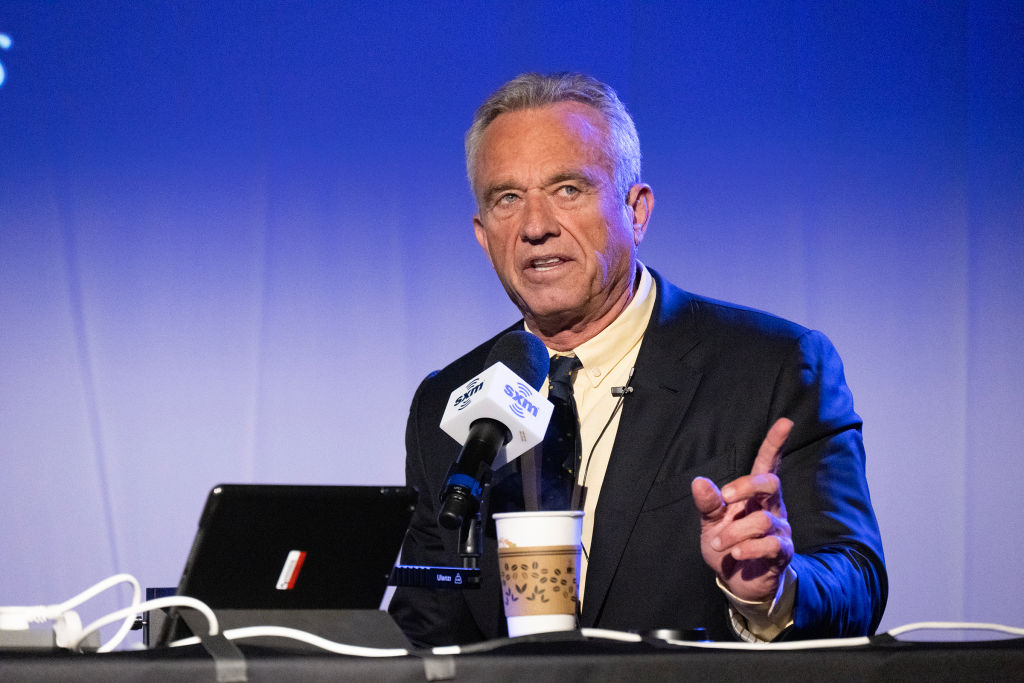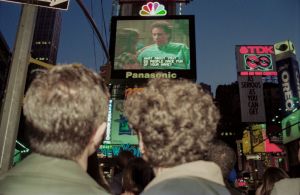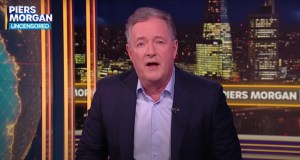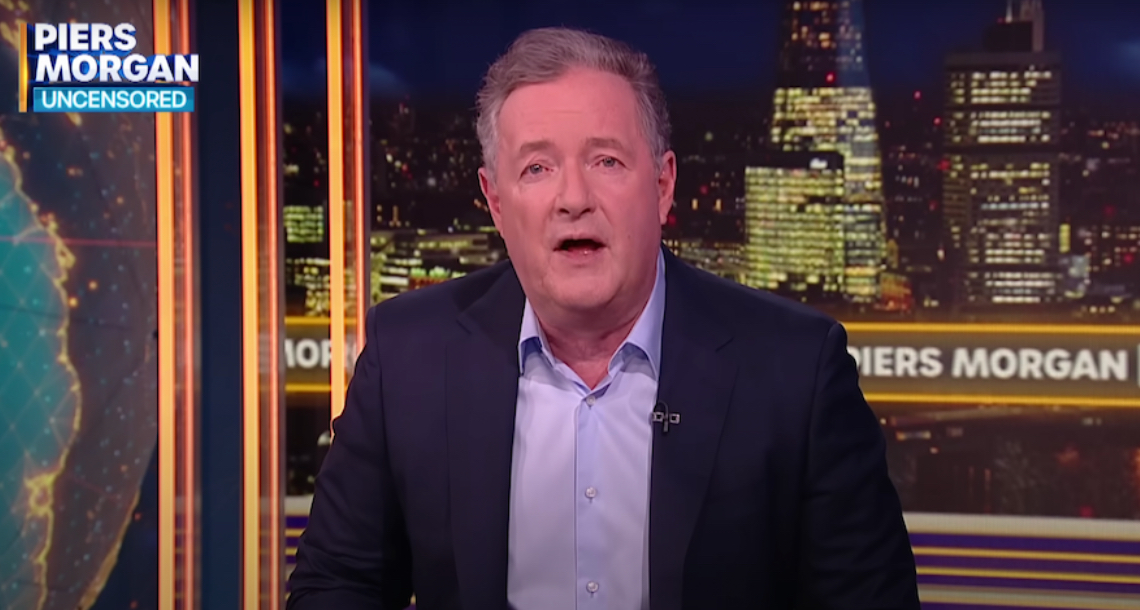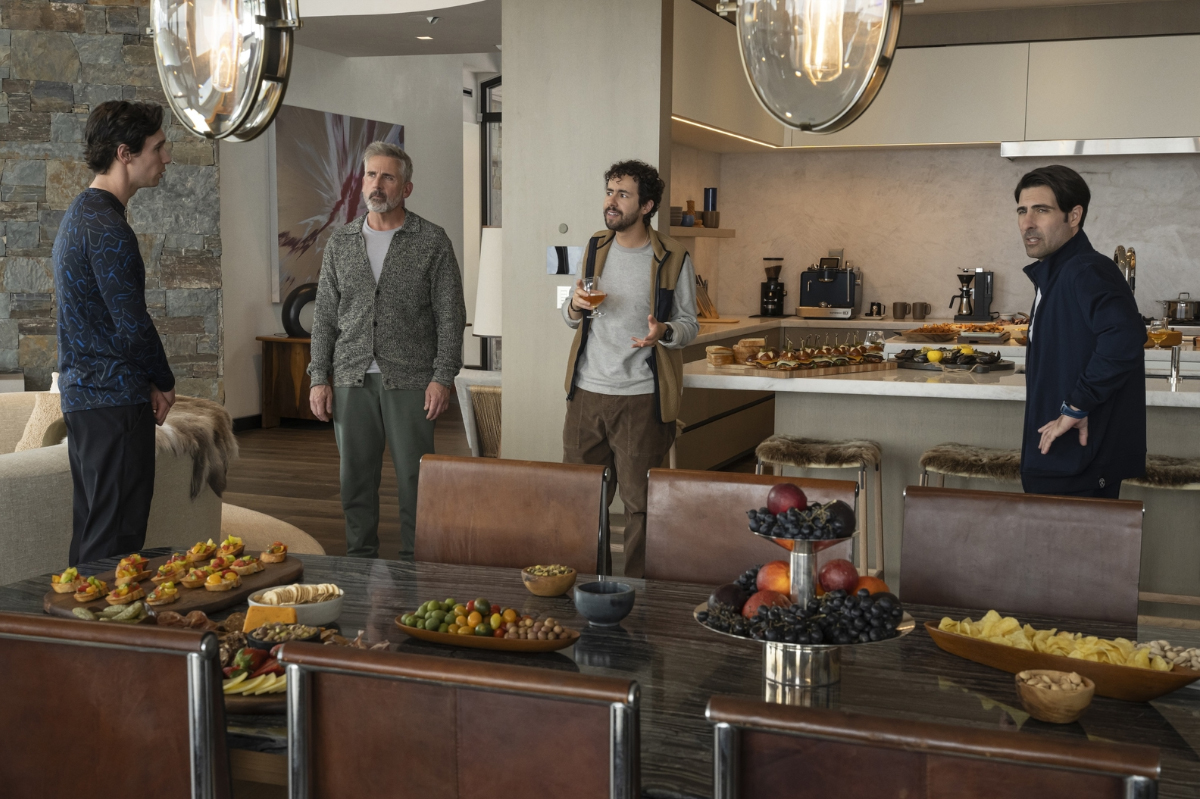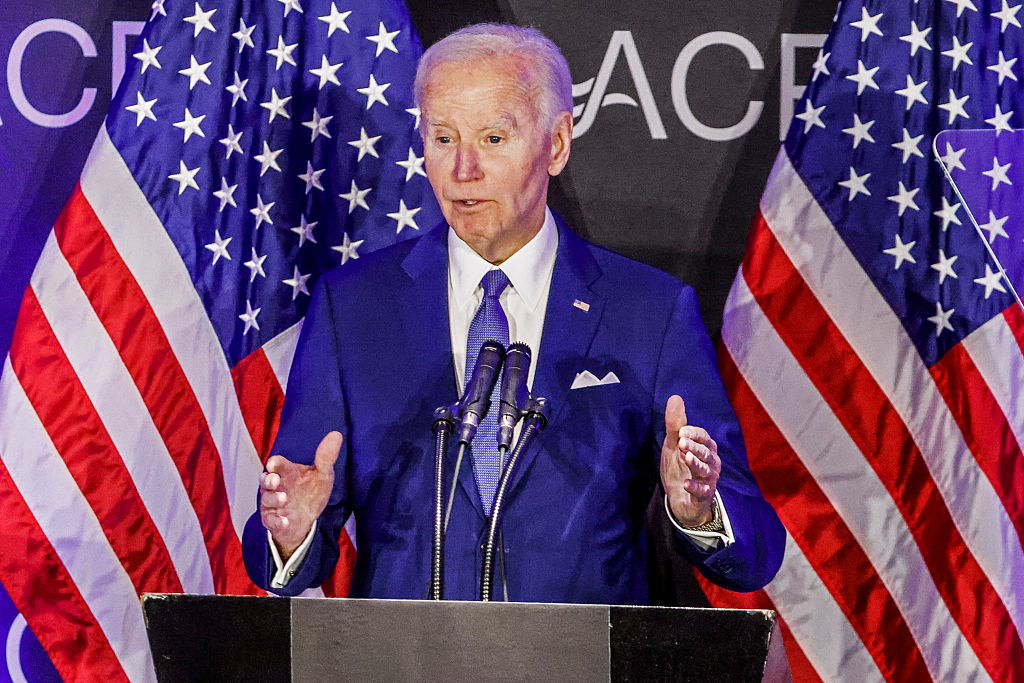YouTube is back up to its pandemic-era tricks with a sketchy and unexplained censorship policy — this time as it pertains to the 2024 election. By all appearances, it once again looks as though Big Tech is going to attempt to play information arbiter as it relates to our national elections. Robert F. Kennedy Jr., a long-time radical environmentalist and conspiracy theorist, just also happens to be challenging President Joe Biden in the Democratic primary — and RFK is making enough noise that people are at least paying some attention to him.
Kennedy’s profile has risen in the media lately as he’s espoused skepticism in the Covid-19 vaccine. It’s nothing new for him, as he was welcomed on media platforms such as The Daily Show, MSNBC and CNN in the mid-2000s. That, however, was when he wasn’t causing a bit of turmoil for the sitting president, a sitting president whom the media is already nervous about, given his low approval ratings and advanced age.
Having been frozen out of cable news media, for the most part, Kennedy is running a tech and social media campaign and testing the limits of those platforms. Media, and in-particular tech media like YouTube, has taken it upon themselves now not only to censor Kennedy, but to remove campaign videos of his completely.
Kennedy tweeted on June 27:
“@YouTube just pulled another of my videos, with former NY Post political reporter @al_guart. People made a big deal about Russia supposedly manipulating internet information to influence a presidential election. Shouldn’t we be worried when giant tech corporations do the same?”
This wasn’t the first instance of YouTube censoring RFK’s content. CNN reported on June 20 that YouTube removed another video of the presidential candidate, citing the company’s policy on spreading vaccine misinformation and conspiracies, a policy YouTube says is based on directives from the World Health Organization.
But YouTube is rife with misinformation — and even sponsors conspiracy content to rent or purchase from them. One such instance is the famed 9/11 “inside job” conspiracy film Loose Change. Right now, any user can go to YouTube and pay to rent or purchase it. Loose Change made waves in the early open forum days of the internet and was made available free at the time. The film created the “controlled demolition” theory behind the World Trade Center’s collapse. It also originated the Building 7 collapse theory and claimed that Flight 93 did not crash in Pennsylvania, but rather was directed to a NASA warehouse and the flight evacuated.
Right now, YouTube is selling this content on its website, yet removing other material that the company deems dangerous conspiracy information from a United States presidential candidate with double digits in mainstream polling.
None of this is an endorsement of Kennedy, his views, his politics or his words, most of which I personally adamantly disagree with; however, the more Big Tech and YouTube attempt to engineer this election, the more likely voters are going to revolt. That still doesn’t explain why YouTube profits from the selling of some conspiracy theories, but feels the need to censor, demonize or outright ban others. This doesn’t look like a war on “misinformation” as much as it does a war on users who have their own ability to discern which content they consume, and for whatever reason they choose.
If people want to believe Dick Cheney was the mastermind behind the World Trade Center attacks, they are free to do so. And if people want to view a presidential candidate’s thoughts, words and platforms, the same rules should apply. YouTube has a decision to make this upcoming election, and as of now the hypocrisy on display is not going to work for the tech giant as planned.



